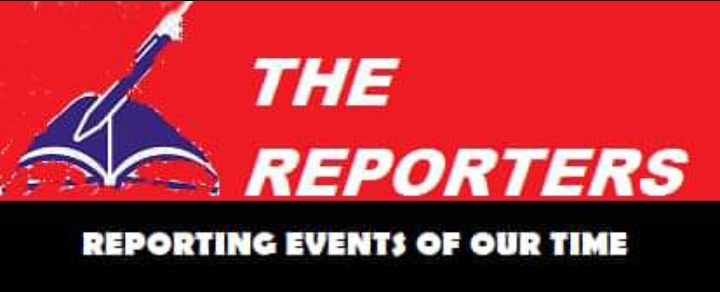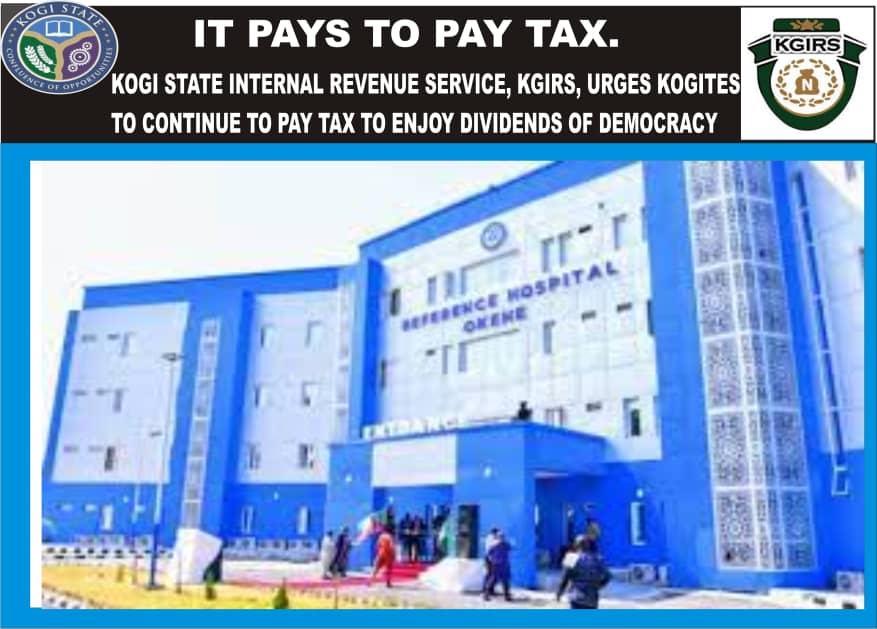By Dada Ahmed in Lokoja.

Some of the participants at the one-day training workshop.
The management of Stallion Times Media Services Ltd., the Wole Soyinka Center for Investigative Journalism, and the MacArthur Foundation on Wednesday in lokoja enhanced the capacity of journalists in kogi state on ethics and investigative reporting, among others at a one-day training workshop.
In his opening remarks at the occasion tagged the “Code of Ethics for Journalists” organised by StallioEn Times Media Services, Isiyaku Ahmed CEO/Editor-in Chief of the media organisation, stressed the need for Journalists to ensure that they practise within the context of the ethics of their profession.
(L-R) Isiyaku Ahmed,CEO/EIC and D U Ahmed,EIC, The Reporters at the workshop.
According to him,Stallion Times Media Services Ltd.is implementing a 3-year Participatory Governance and Medla Literacy project in Kano and Kogi states,,tagged “Get Involved, Dialogue and Improve (G-DRIP)” to enhance the productivity of Journalists among others benefits.
He said:”The project is in collaboration with the Wole Soyinka Center for Investigative Journalism under the Collaborative Media Project (Collaborating for media independence and government accountability), funded by the MacArthur Foundation.
“In this initiative, we are looking to, amongst other things, build the capacity of journalists and other stakeholders on investigative reporting, ethics, safety, media literacy, and sustainability.
“We will lead conversations and provide thought leadership on media independence, accountability of government at all levels, social justice, and amplify the voices of marginalized groups.
“The idea of this training is to provoke discusslon or conversations on ethical and moral issues In Journalism practice, to provide a basis for journalistic ethics and set a conceptual framework of practice and appraise the hazards in modern journalism.
Ahmed also told the participants that, it was in recognition of their contribution towards promoting good governance and driving professionalism in the media space that they were invited to workshop on “the Code of Ethics for Journalists”.
The project coordinator noted that the code of ethics deals fundamentally with Editorial Independence, Accuracy and Fairness, Privacy, Privilege/Non-Disclosure, Decency, Discrimination, Reward, and Gratification; Violence; Children and Minors; Access to Information; Social Responsibility; Plagiarism, and Copyright.
Citing Merrill (1982:8) he noted that “ethics has to do with duty-duty to self and duty to others. It.is considered primarily individual or personal, even when it relates to obligation and duties to other”.
The CEO, who further told the participants that while objectivity in today’s superheated political environment in the country might be arguably impossible, ,they owed it a duty to make impartiality their ultimate goal in the discharge of their responsibility to the society.
” Even those who:.are paid to write opinions, columns, editorials, talk show hosts, bloggers,etc, should at least be aware of all relevant ethical codes”, according to Ahmed..
He said that the effort to rid the media of non-professionalism, that often gives the profession a bad name, required a holistic approach by all stakeholders.
He, therefore,asked relevant regulatory bodies to enforce the code of ethical conduct, ensure that necessary training and the right attitudes were properly introduced to form a basis for entrance into the journalism profession and to consistently engender sanity as well as instil propriety in the professional practice.
Ahmed assured Journalists that the organisers would collaborate with their media houses, support, mentor, and assist journalists to write investigative stories that would expose corruption and promote community development while upholding ethical standards and to ensure community of best practices.
According to Ahmed, the idea behind the traiining would be achieved through strategy of multi-level activities aimed at improving good governance for the marginalized — minority groups, women, youths, persons with disability to drive home “this initiative for the common good of the country, state, and citizens”.
He expressed the hopeful that the training and conversation that charactetised the exercise would not end with the participants but encgurage them to keep the discussion alive, step down the knowledge from this training to all, and sundry in the industry.
The sole resource person at the occasion,Mr Steven Salawu, who led the participants through many areas of Journalism practice, emphasized the imperative of Journalists adhering strictly to the ethics of their profession amomg attributes to discharge their duty effectively.
Our Correspondent reports that besides the professionally rewarding lecture, eloquently delivered by the resource person and elicited applaud by participants,the exercise was also characterised by interactive and participatory discussion/question and answer session where participants shared experiences emanating from their reportage of events in the state.
The 50 participants also shared experiences on role plays on media ethics,and code of conduct.




